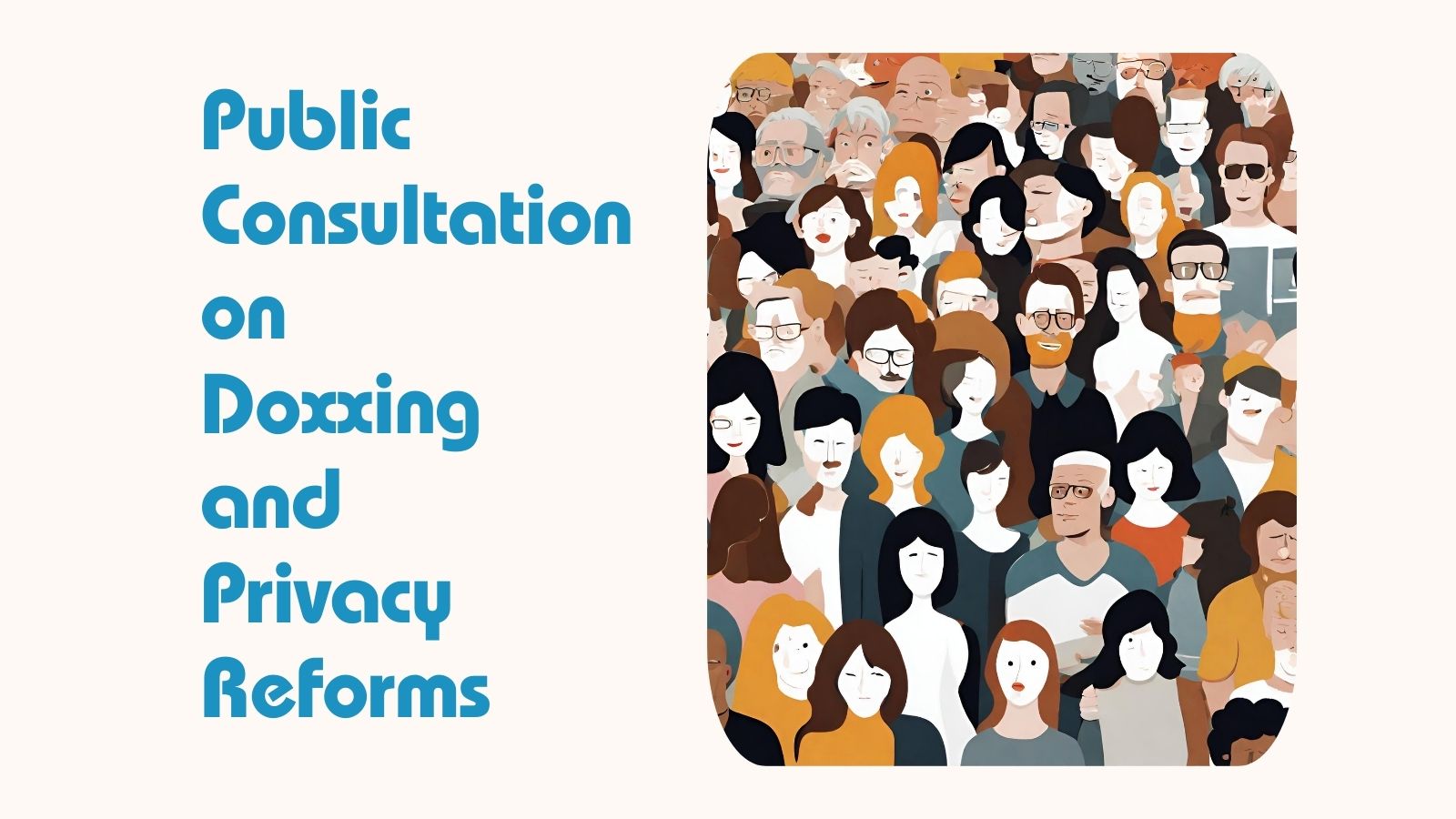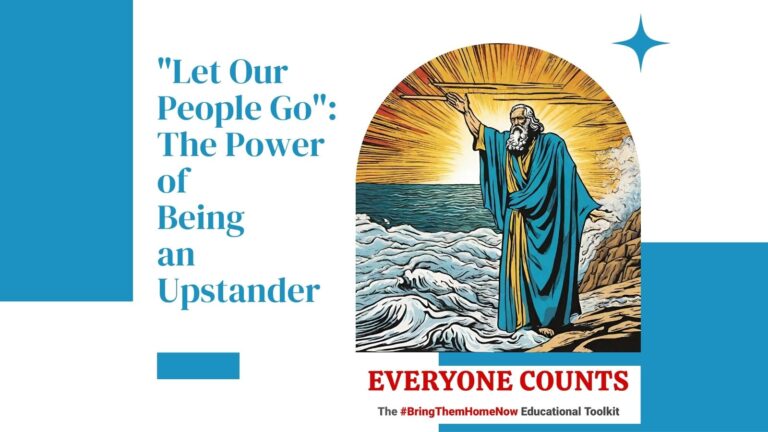Overview
We are consulting with members of the public to seek your views on how to most appropriately address doxxing through civil remedies.
Definition of doxxing
‘Doxxing’ is the intentional online exposure of an individual’s identity, private information or personal details without their consent.
Doxxing can refer to a number of different practices, including:
- De-anonymising doxxing – revealing the identity of someone who was previously anonymous (for example, someone who uses a pseudonym).
- Targeting doxxing – revealing specific information about someone that allows them to be contacted or located, or their online security to be breached (for example, their phone number or home address, or their account username and password).
- De-legitimising doxxing – revealing sensitive or intimate information about someone that can damage their credibility or reputation (for example, their private medical, legal, or financial records, or personal messages and photos usually kept out of public view).
Harms of doxxing
The Australian Government understands doxxing can leave targets vulnerable to, and fearful of:
- public embarrassment, humiliation or shaming
- discrimination, if personal characteristics are disclosed
- cyberstalking and physical stalking
- identity theft and financial fraud
- damage to their personal and professional reputation, leading to social and financial disadvantage such as loss of employment
- increased anxiety
- reduced confidence and self-esteem.
Australian Government response to doxxing
Currently, the Australian Government has a multi-pronged approach to doxxing, which includes:
- Working to raise awareness about doxxing so Australians are informed about the issue and the steps they can take if they experience doxxing.
- Supporting Australian children who are victims of doxxing, through the legislated Cyberbullying Scheme and helping adults who are targeted, as part of the Adult Cyber Abuse Scheme.
- Working with social media services on serious cases, to have content removed using existing relationships and escalation pathways.
- Supporting industry through the Safety by Design initiative, guiding them on the development and implementation of policies and systems for preventing and responding to doxxing on their platforms.
- Referring victims to law enforcement agencies where there are immediate risks of violence or serious physical harm.
- Recognising that doxxing behaviour in certain circumstances could constitute an offence under the Criminal Code.
- Acknowledging that it may be a breach of the Australian Privacy Principles if an entity covered by the Privacy Act engaged in doxxing.
Proposed reforms
The Australian Government is proposing to enhance privacy protections for individuals through its response to the Privacy Act Review, including to introduce new provisions which would address the practice of doxxing:
- A new statutory tort for serious invasions of privacy would allow individuals to seek redress through the courts if they have fallen victim to doxxing
- Give individuals greater control and transparency over their personal information, including the introduction of new or strengthened individual rights to access, object, erase, correct, and de‑index their personal information, and
- Progressing other privacy reform proposals contained in the Privacy Act Review that bring the Privacy Act into the digital age, uplift protections, and raise awareness of obligations for responsible personal information handling.
Why we are consulting
We will use your responses to inform potential reforms to civil law, including the Privacy Act 1988 (Cth), in relation to the practice of doxxing.
Who we want to hear from
This consultation is open to all members of the public.








